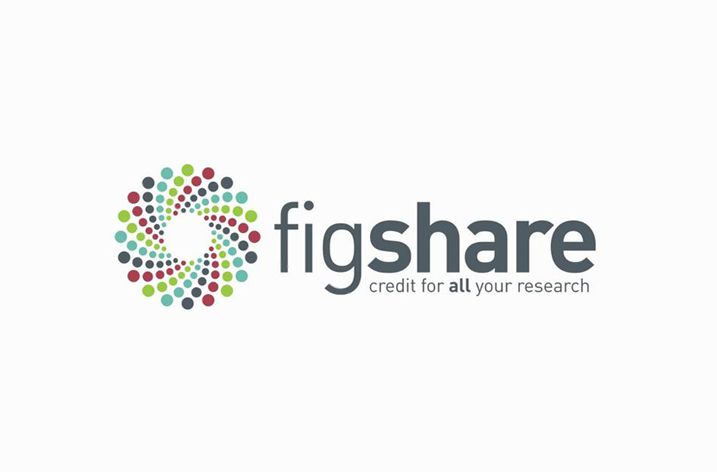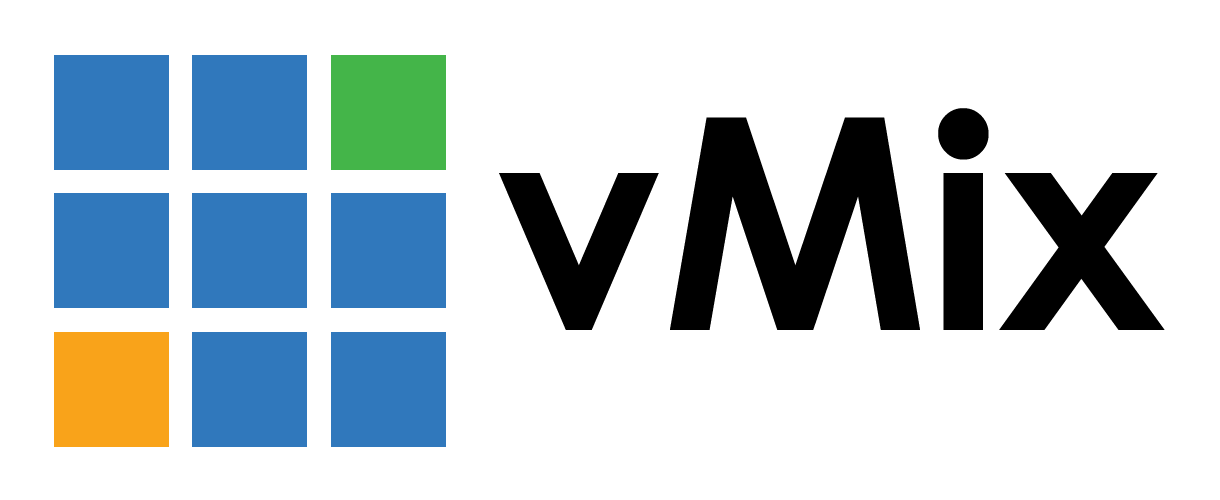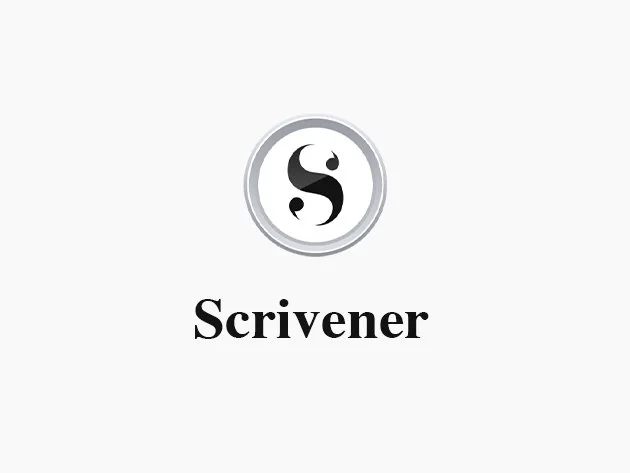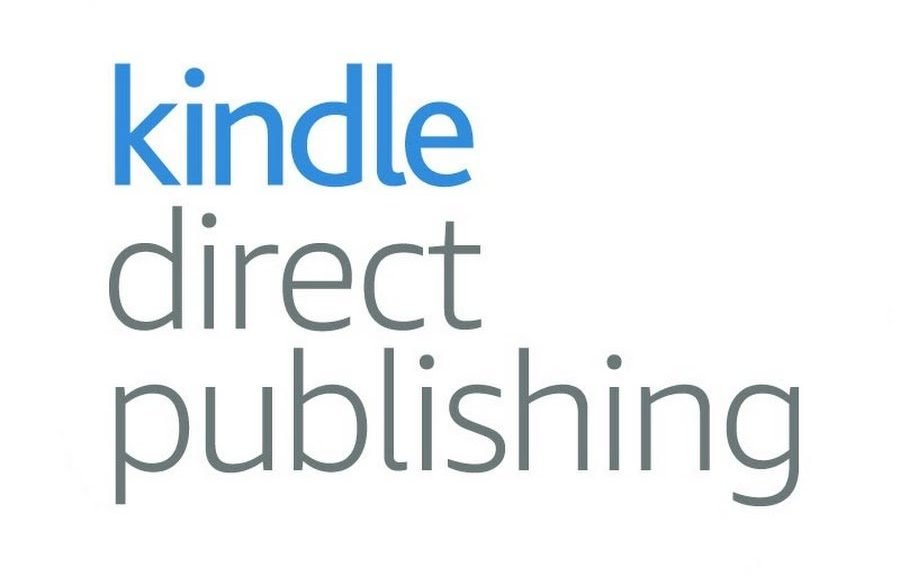
Figshare is a cloud-based platform for managing, sharing, and preserving research data, outputs, and assets. Designed for researchers, institutions, and publishers, Figshare enables the storage, dissemination, and citation of research in a way that improves transparency, reproducibility, and accessibility. It supports a wide variety of data types, including datasets, figures, videos, posters, presentations, and code, making it a versatile solution for managing and showcasing research.
As a leader in open research, Figshare ensures all content is citable, shareable, and discoverable while adhering to FAIR (Findable, Accessible, Interoperable, Reusable) data principles. Integrated with DOIs, version control, and metrics tracking, Figshare empowers researchers to promote their work and institutions to demonstrate research impact effectively.
Key Features
-
Flexible Data Hosting
-
Store and host datasets, figures, videos, posters, code, software, and supplementary files in a single platform.
-
Support for large file sizes (up to TBs) with robust cloud-based storage.
-
-
DOI Assignment
-
Automatically assign Digital Object Identifiers (DOIs) to uploaded research outputs for easy citation and tracking.
-
-
Research Metrics
-
Track views, downloads, citations, and social media mentions for all research outputs.
-
Integration with Altmetric to provide detailed impact metrics.
-
-
FAIR Data Compliance
-
Ensure research outputs meet FAIR principles (Findable, Accessible, Interoperable, and Reusable).
-
-
Version Control
-
Update research outputs while retaining all prior versions for transparency and reproducibility.
-
-
Open Access and Licensing
-
Publish research outputs as open access with flexible licensing options, including Creative Commons (CC) licenses.
-
-
Collaborative Workspaces
-
Work collaboratively with peers by securely sharing projects, files, and datasets in a team workspace.
-
-
Institutional Repositories
-
Offer customizable institutional repositories for organizations to manage and showcase their research outputs.
-
-
Integration with Research Tools
-
Seamlessly integrate with tools like ORCID, Google Scholar, and research repositories for enhanced discoverability.
-
Supports integration with data repositories like Dryad and OpenAIRE.
-
-
File Previews and Interactive Content
-
Preview datasets, figures, and documents without downloads.
-
Support for interactive file types, including Jupyter Notebooks and code files.
-
-
Data Preservation and Security
-
Long-term preservation of research data with secure, GDPR-compliant cloud hosting.
-
Backup and redundancy for reliable data management.
-
-
Custom Branding for Institutions
-
Customize repositories with institutional branding, domain names, and workflows.
-
Use Cases
-
Research Data Management
-
Safely store and organize datasets, code, and supplementary materials while ensuring accessibility and citations.
-
-
Open Access Publication
-
Publish research outputs openly to increase visibility, downloads, and citations.
-
-
Institutional Repositories
-
Universities and institutions can host branded research repositories to showcase their faculty’s work.
-
-
Supplementary Materials
-
Provide data, figures, and multimedia to accompany journal articles for transparency and reproducibility.
-
-
Research Collaboration
-
Collaborate on projects by sharing workspaces and research outputs among teams globally.
-
-
Academic Conferences
-
Share posters, presentations, and conference materials in an open, citable format.
-
Benefits
-
Increased Research Visibility: Assign DOIs and publish outputs openly to make research discoverable and citable.
-
Compliance with Open Data Policies: Support for FAIR data principles and funding agency requirements.
-
Efficient Research Management: Organize all research outputs in a centralized and secure platform.
-
Reproducibility: Ensure transparency by enabling access to underlying research data, code, and files.
-
Trackable Impact: Monitor engagement metrics like views, downloads, and citations in real time.
-
Collaboration Made Easy: Simplify research teamwork with shared workspaces and secure data sharing.
-
Long-Term Preservation: Secure storage and backup ensure data availability for future use.
Ideal Users
-
Researchers: To share datasets, figures, code, and supplementary materials for better visibility and impact.
-
Academic Institutions: For managing institutional repositories and showcasing faculty research outputs.
-
Funders and Agencies: To ensure funded research complies with open data mandates and FAIR principles.
-
Publishers: For providing supplementary materials and datasets alongside journal articles.
-
Data Scientists: For sharing reproducible workflows, data visualizations, and code.
-
Conference Organizers: For distributing posters, presentations, and proceedings openly.
Similar Products

QLab
QLab is a robust software suite designed for creating and managing multimedia performances, with a …

vMix
vMix is a professional live video production software designed for streaming, recording, and produc…

Reedsy
Reedsy is an innovative online platform designed to connect authors with professional editors, desi…

Scrivener
Scrivener is a powerful writing and project management software tailored for authors, novelists, sc…

Kindle Direct Publishing
Kindle Direct Publishing (KDP) is Amazon's self-publishing platform that allows authors, publishers…